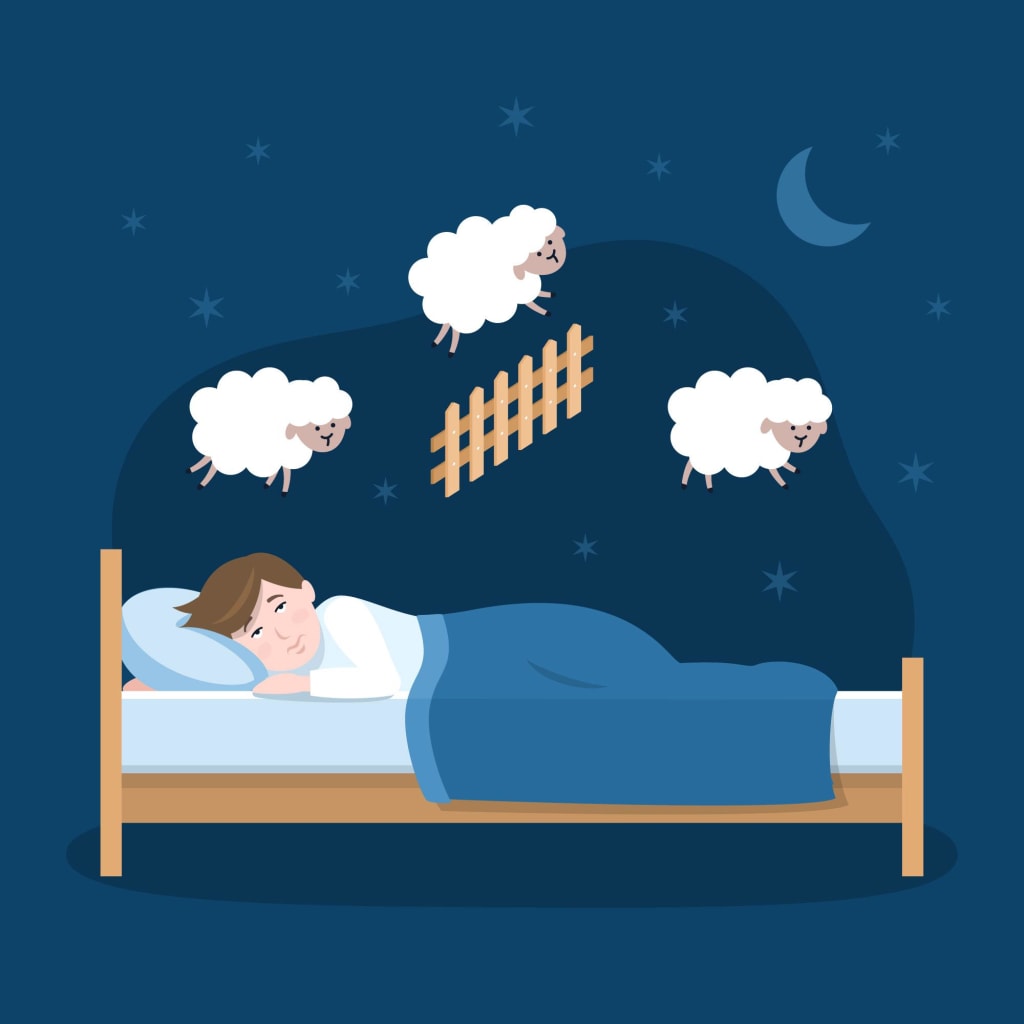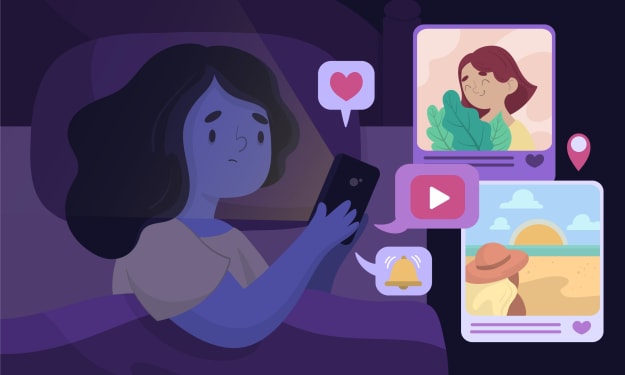
Importance Of Sleep
Sleep is an essential aspect of human life. It is a basic physiological requirement that allows the body to repair and rejuvenate itself. While many of us tend to prioritize work or leisure activities over sleep, it is crucial to understand that sleep plays a significant role in our overall health and well-being. In this essay, we will discuss the importance of sleep and its impact on our physical, mental, and emotional health.
First and foremost, sleep is necessary for our physical health. It is during sleep that the body repairs and rejuvenates itself. Our cells and tissues are repaired and regenerated, and our immune system is strengthened. Lack of sleep can have a negative impact on the body’s ability to fight off infections, leading to an increased risk of illness and disease. Additionally, sleep is critical for maintaining a healthy weight. When we sleep, our body regulates hormone levels that control our appetite and metabolism. Chronic sleep deprivation can disrupt these hormones, leading to weight gain and obesity.
Secondly, sleep is crucial for our mental health. It is during sleep that the brain processes and consolidates information from the day. Lack of sleep can lead to difficulties with memory, concentration, and decision-making. It can also affect our mood, leading to irritability, anxiety, and depression. Chronic sleep deprivation has also been linked to an increased risk of developing mental health disorders such as bipolar disorder and schizophrenia.
Finally, sleep is important for our emotional health. Lack of sleep can cause emotional instability and affect our ability to regulate our emotions. It can also lead to a decrease in empathy and a greater tendency towards impulsive behavior. In contrast, getting enough sleep can improve our emotional well-being, leading to a greater sense of happiness and positivity.
In addition to the benefits discussed above, getting enough sleep can also improve our overall quality of life. When we are well-rested, we are more productive, have better cognitive function, and are able to handle stress more effectively. We are also more alert and focused, which can improve our safety while driving or performing other activities that require concentration.
Unfortunately, many of us struggle to get enough sleep. The demands of work, family, and other responsibilities often leave us with little time for rest. Additionally, technology has made it easier than ever to stay up late, with smartphones, tablets, and laptops keeping us connected and entertained well into the night. It is important to prioritize sleep and create a sleep-friendly environment. This includes establishing a consistent sleep schedule, creating a comfortable sleeping environment, and avoiding stimulants such as caffeine and alcohol.
In conclusion, sleep is a critical aspect of our physical, mental, and emotional health. It is essential for repairing and rejuvenating the body, consolidating information in the brain, regulating emotions, and improving overall quality of life. As such, it is important to prioritize sleep and create a healthy sleep environment. By doing so, we can improve our overall health and well-being, and enjoy all the benefits that come with a good night’s rest.

Do most of the teenagers have sleeping problem
Yes, studies have shown that many teenagers have sleeping problems. The National Sleep Foundation recommends that teenagers between the ages of 14 and 17 get between 8 and 10 hours of sleep each night. However, many teenagers do not get enough sleep, with some studies suggesting that up to 70% of teenagers report insufficient sleep on school nights.
There are several factors that contribute to sleep problems in teenagers. One of the main factors is the natural shift in circadian rhythms that occurs during adolescence. This shift causes teenagers to feel more alert in the evening and have difficulty falling asleep at night. Additionally, the use of technology, particularly smartphones and tablets, has been shown to disrupt sleep in teenagers by emitting blue light, which suppresses the production of the sleep hormone melatonin.
Other factors that can contribute to sleep problems in teenagers include stress, anxiety, and depression. The pressures of school, extracurricular activities, and social relationships can all take a toll on a teenager’s mental health and make it difficult to sleep.
Sleep problems in teenagers can have serious consequences. Chronic sleep deprivation can lead to decreased academic performance, mood changes, and an increased risk of accidents and injuries. It can also lead to long-term health problems such as obesity, diabetes, and cardiovascular disease.
To address sleep problems in teenagers, it is important to establish good sleep habits. This includes setting a consistent sleep schedule, creating a relaxing sleep environment, and avoiding the use of technology before bedtime. Additionally, it may be helpful for teenagers to practice relaxation techniques such as deep breathing or meditation to help them fall asleep more easily. If sleep problems persist despite these measures, it may be necessary to consult a healthcare professional for further evaluation and treatment.
If you are a teenager struggling with sleeping problems, there are several things you can do to overcome them. Here are some tips to help you get a good night’s sleep:
Stick to a regular sleep schedule: Try to go to bed and wake up at the same time every day, even on weekends. This will help regulate your body’s internal clock and make it easier to fall asleep at night
Create a relaxing sleep environment: Make sure your bedroom is dark, quiet, and cool. Use comfortable bedding and pillows, and remove any distractions such as electronics or clutter.
Avoid caffeine and nicotine: Stimulants like caffeine and nicotine can interfere with sleep. Avoid drinking coffee, tea, or soda in the afternoon and evening, and don’t use nicotine products before bedtime.
Limit technology use before bedtime: The blue light emitted by smartphones, tablets, and laptops can suppress the production of the sleep hormone melatonin, making it harder to fall asleep. Avoid using these devices for at least an hour before bedtime.
Exercise regularly: Regular exercise can help improve sleep quality, but avoid exercising close to bedtime as it may make it harder to fall asleep.
Practice relaxation techniques: Try deep breathing, progressive muscle relaxation, or meditation to help calm your mind and body before bedtime.
Avoid napping: While it may be tempting to take a nap during the day, it can make it harder to fall asleep at night. If you must nap, keep it short and avoid napping too close to bedtime.
If these tips do not help improve your sleeping problems, it may be necessary to consult a healthcare professional for further evaluation and treatment. They may recommend cognitive-behavioral therapy, medication, or other interventions to help you get a good night’s sleep.
#sleepingproblem #stress #mentalhealth #teenagestress #sleepingdisorder #rijoraj
About the Creator
Rijo Raj
Hey , Myself Rijo Raj. An Entrepreneur , Content Writer And the Founder-Ceo Of a Customized Merchandising Service Winter Mallu






Comments
There are no comments for this story
Be the first to respond and start the conversation.